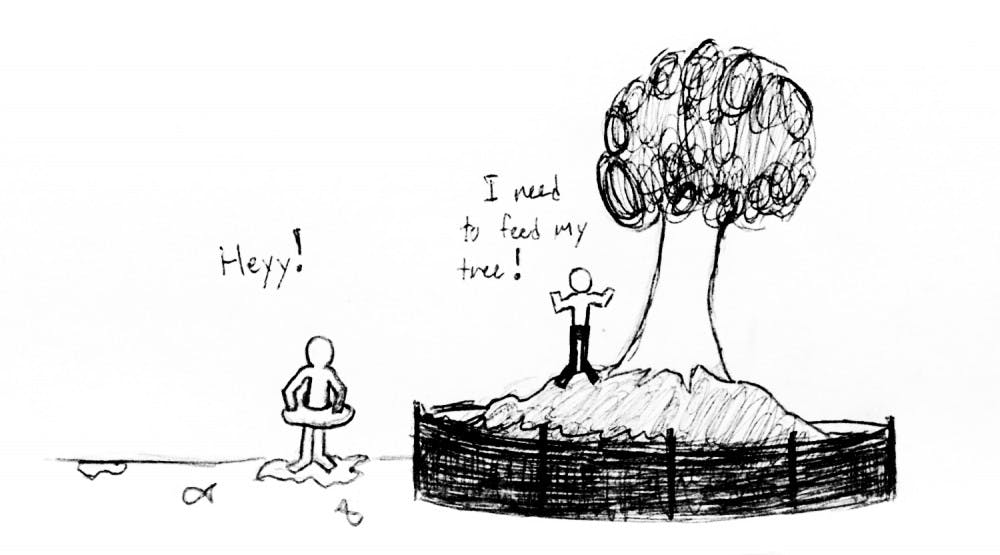Governor Jerry Brown of California issued the first major water restrictions in the state last week. It has been a long time coming. For a few years now, California has been feeling the effects of its drought. I, like many other Middkids, come from the Golden State and have been trying to cut my shower time, capture my gray water and scold my water-wasting friends for a while now.
It isn’t enough, though. Even after Gov. Brown demanded a 20 percent water reduction in January of last year, the state’s water supply is still not looking good. Some experts are saying that 2015 could be the worst year yet – a reasonable premonition judging by the abysmal snowpack (six percent of the normal amount!).
This begs the question – how will Californians react?
The water usage trends for wealthy counties throughout the state do not look good. Down in Southern California, affluent communities such as La Canada Flintridge, Newport Beach and Malibu consume more than 150 gallons of water per capita per day. This is much higher than the water usage in poorer communities, which tend to use around 40 gallons per capita per day. A University of California-Los Angeles study underlined this finding, stating that on average, well-off neighborhoods consume three times more water than less-affluent ones.
But this is not fair. Not only are poorer communities bearing the burden of the drought by lowering their water usage while the spouts of the wealthy stay on, but those with less financial means will continue to be disproportionately inconvenienced.
If the drought continues and California does not meet Gov. Brown’s new 25 percent cutback goal, food prices will likely rise due to increasingly expensive water in the agricultural sector, a price jump that some families cannot pay. The possibility of more fires looms in the drought’s future – a threat for everyone – but especially for those who cannot afford fire insurance or the time and resources that would be required to deal with such a natural disaster.
Therefore, the wealthy need to step up and remove their blinders. Shrubs and front lawns are not supposed to be green in California right now; ornamental fountains need not run under the current circumstances; and lavishly long showers are no longer an option. Those more fortunate must realize that their choice of how to use water has larger implications than just an increase in the water bill they can afford to pay.
This premise is not isolated. Every day, well-off Americans are faced with the choice of how they will behave knowing that they might be in a position of financial comfort, but that such is not the case for everyone. The party system serves as a framework moving forward in this regard.
While citizens can act independently – for example, a Republican might involve him or herself in community service on a regular basis – party membership suggests a certain baseline for how communally people behave. As a general rule of thumb, Democrats are more inclined to institutionally spread their wealth and think for the common good than Republicans.
I know that not everyone is a Democrat, (although sometimes it feels that way in California,) but in the case of the state’s drought, everyone needs to adopt that Democratic mentality. Gov. Brown has the hard job of forcing residents to think beyond themselves. While (sadly) he probably wouldn’t succeed with this task if it were targeted at public education or some other common good, perhaps the real-life threats of the drought will impel all Californians to finally get on board.




